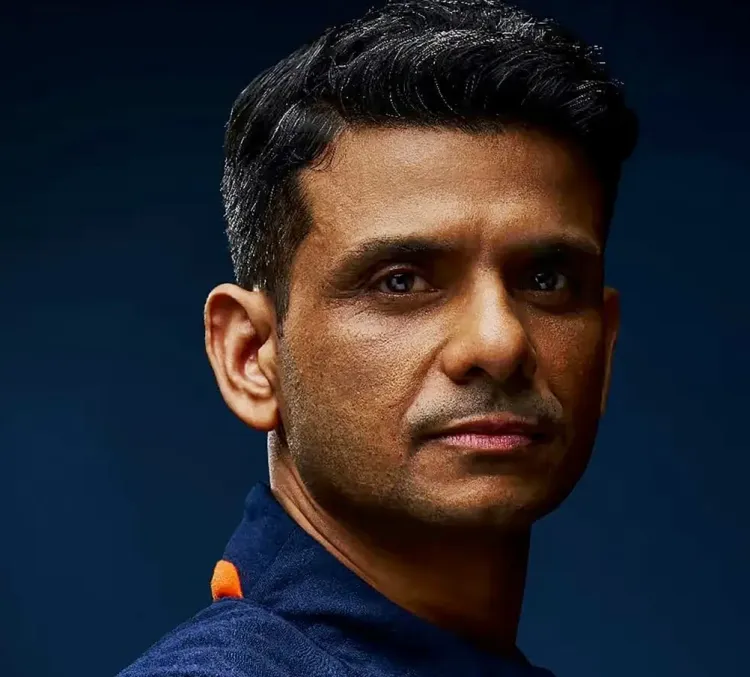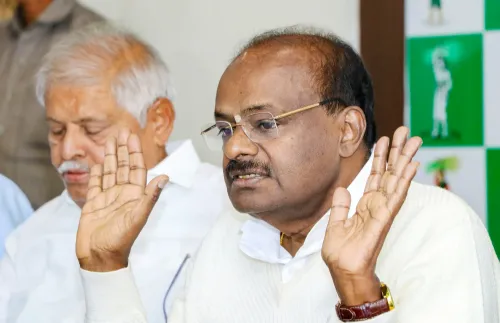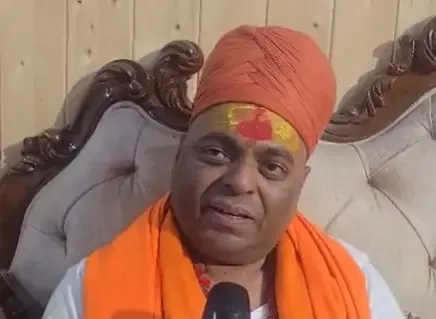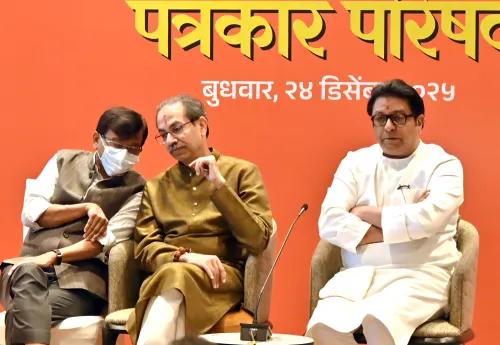What is life like on the ISS with 16 sunrises and sunsets?

Synopsis
Key Takeaways
- Shubhanshu Shukla is the first Indian in the ISS.
- He experienced 16 sunrises and sunsets daily.
- His journey symbolizes India's advancements in space.
- The view of Earth from space fosters a sense of unity.
- Shukla will conduct scientific experiments during his stay.
New Delhi, June 28 (NationPress) Recently, as I gazed out the window, we were flying over Hawaii. From this vantage point, we experience sunrise and sunset 16 times each day, shared Group Captain Shubhanshu Shukla, the first Indian to reach the International Space Station (ISS), during a video call with Prime Minister Narendra Modi on Saturday.
Shukla, who became the second Indian ever to journey into space after Rakesh Sharma's iconic flight in 1984, arrived at the ISS on Thursday as part of the Axiom-4 mission.
He traveled in SpaceX’s Dragon spacecraft, named ‘Grace’, which launched from NASA’s Kennedy Space Center in Florida, completing a 28-hour journey through low Earth orbit.
Upon docking, which was successfully completed at 4:15 PM IST, Shubhanshu Shukla was greeted warmly by the ISS crew.
During his conversation with the Prime Minister, Shukla reflected on his transformative experience so far.
“This journey is not just mine; it represents our nation’s journey. I am soaking in these new experiences like a sponge,” he expressed, speaking from the orbiting laboratory where he will spend the next 14 days conducting scientific experiments and engaging in public outreach.
Describing the breathtaking view of Earth from space, Shukla remarked: “Observing Earth from above, the first thing that amazed me was how the planet appears as a single entity—no borders are visible. India looked incredibly grand, far larger and more majestic than it seems on a map.”
He noted that witnessing Earth from this perspective instilled in him a sense of unity, transcending man-made divisions, calling it a humbling and inspiring sight.
Joining him on the mission are Axiom-4 commander Peggy Whitson, Polish engineer Slawosz Wisniewski, and Hungarian mechanical engineer Tibor Kapu.
Shortly after arriving at the station, the crew was welcomed with hugs, handshakes, and astronaut pins.
“I am astronaut 634. Being here is a privilege,” stated Shukla.
In his brief speech during the welcome ceremony, he acknowledged, “Thanks to your love and blessings, I have reached the ISS. Standing here feels easy, but my head feels a bit heavy, facing some challenges, though these are minor.”
Expressing his pride, he added, “I have brought the Tricolour with me, and I carry all of you with me. The days ahead will only grow more exciting.”










